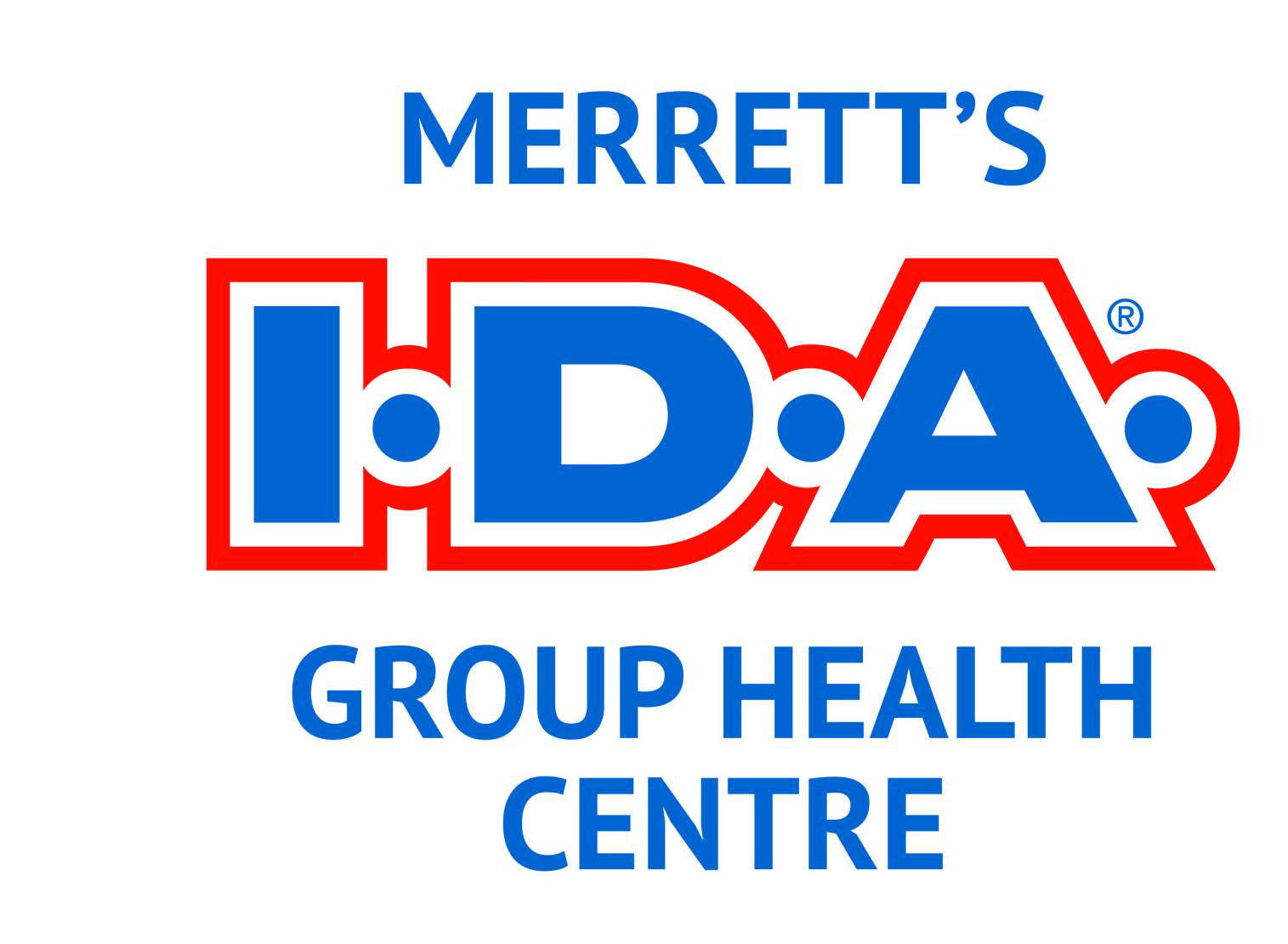Alcohol & Medications: Interactions
- Possible Consequences Of Mixing Alcohol & Medication
Drinking alcohol may lead to decreased intellectual faculties, slowing of reflexes, poor coordination, and drowsiness. As a result, it should not be mixed with medication that has a similar impact on the brain. The cumulative effects of both substances may lead to accidents or falls. Seniors, especially, should be mindful of those risks.
Both alcohol and medication are processed through the liver to be eliminated from the body. As a result of this, an increased intake of alcohol can interfere with the way the liver metabolizes medications. This can affect the medication’s efficacy or cause increased side effects.
When paired with alcohol, certain medications can be harmful to the liver, even at regular doses. An example of this is acetaminophen, a common over-the-counter medication used to treat fever and pain. You should consult a pharmacist on the compatibility between your medication and alcohol and refrain from drinking until then.
Natural health products can also interact with alcohol or be harmful to the liver. Ask your pharmacist before consuming.
- Alcohol & Diseases
Drinking, especially regular or excessive drinking, can aggravate certain illnesses. For example:
- Diabetics who drink even small amounts of alcohol can suffer from hypoglycemia (when blood sugar levels dip too low);
- Alcohol makes you urinate more, which can cause dehydration and aggravate certain diseases, such as heart failure;
- Alcohol use can increase the likelihood of seizures;
- High blood pressure can be harder to control because alcohol increases water retention, leading to increased blood pressure;
- Alcohol can aggravate mental health problems.
What’s more, the medication prescribed to treat these diseases may also interact with alcohol.
Everyone reacts to alcohol differently, especially those with health issues. There is no way to determine a safe quantity of alcohol that would allow you to avoid these side effects. Therefore, if your pharmacist tells you to refrain from drinking during your treatment, be sure to heed the advice.
